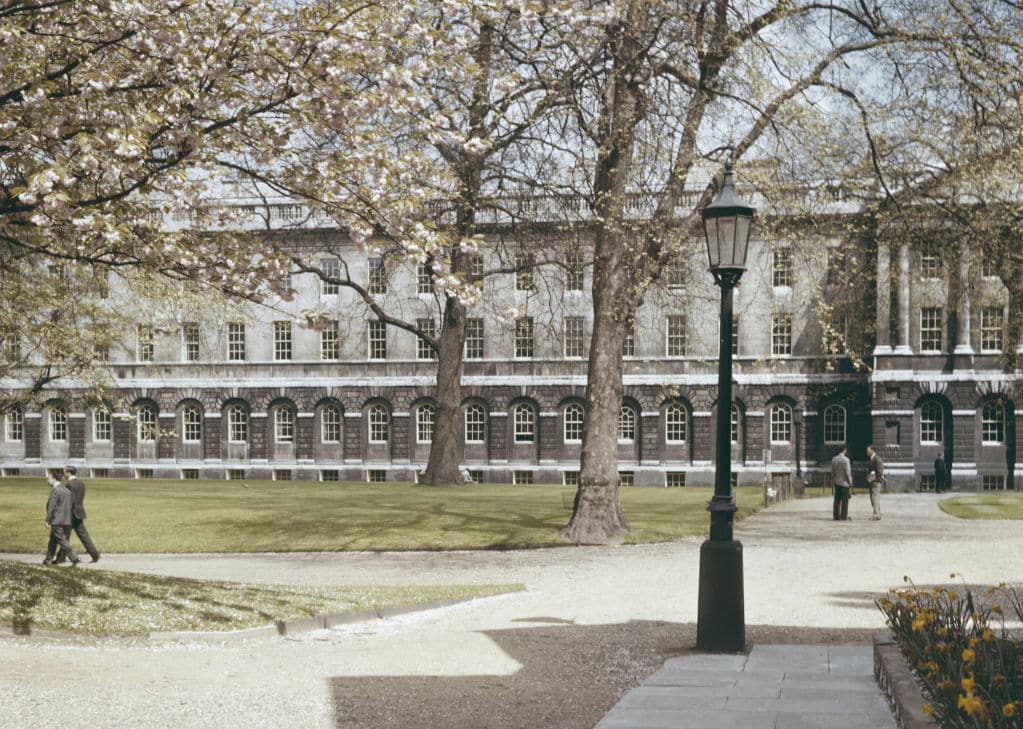St Paul told the Corinthians: “Whether you eat or drink, or whatsoever else you do, do all to the glory of God.” It’s a sentiment that underlies the moment, usually under a minute or two, when, across the British establishment, in Oxbridge colleges, Inns of Court and some of the more old-fashioned guilds (and outside it, in pious Christian homes), grace is said before meals. In the case of Lincoln’s Inn in London – one of the four historic Inns of Court to which all English barristers must belong – the most recent version, in English, was a pretty simple affair: “Bless, O Lord, we beseech Thee, these Thy creatures to our use and ourselves to Thy service, through Jesus Christ Our Lord.”
This has now been replaced, except on Sundays, with: “In this moment of silence, let us give thanks for all that we are about to receive and for the company of this Honourable Society.” Oddly, it evokes that other well-known grace: “For what we are about to receive, may the Lord make us truly thankful.” Really, if the benchers – the senior members who voted through the change – wanted to simplify things, there was always the lapidary Latin formula “Benedictus benedicat”, which invokes the Almighty without naming Him.
But that wasn’t good enough for Jonathan Crow KC, the then-Treasurer of the Inn, who spearheaded the change. His successor – Sir Geoffrey Vos KC, the Master of the Rolls – with the pomposity of an earlier generation without the mellifluousness, observed: “It is a priority to continue to enhance the relevance of the Inn to all our members and build an increasingly inclusive environment. This will involve taking the time to correct outdated stereotypes”.
So, there you have it. God in Christ, the outdated<br>stereotype.
The move has had a dusty response. You don’t impose this sort of change on lawyers without someone objecting, and the change was imposed on the junior members of the Inn without their consent. The obvious question was, “Giving thanks to whom?” Because “let us give thanks” does invite theological questions: whether the benefactor is divine; whether the gratitude might be transferred to the kitchen staff. Above all, why should the benchers bother changing something that exercised absolutely no one, which had precisely no effect on inclusivity and which was a reassuring invocation of the divine in the moments before getting down to the crab mayonnaise or beetroot and walnut salad?
Like the invocation of the Trinity with which some Oxbridge graduates get their degrees, it’s something (especially in Latin) which many non-Christians rather like, as an element of continuity with the past. Actually, returning the grace to Latin would probably solve the problem.
Giving thanks to God, in Christ, is worth protecting because it reminds these very privileged lawyers of the thing that underpins the entire culture and history of these places: the Christian tradition. Thanking God suggests humility. Saying grace is a graceful thing. And it’s pleasing to record that at one recent dinner where the new secular grace was pronounced, some of the members responded with a firm “Amen”.



